As we get older, it is natural to think about the best ways to embrace ageing positively and try to incorporate better lifestyle habits to improve the quality of our life. If you have already invested in the best Vitamin C skincare to slow down ageing and started exercise routines for over 50s to stay fit, you are on the right track. For more professional and medical insight into ageing well, we spoke to a panel of experts to compile a list of the best practices and habits to develop as we grow older.
1. Build up your brain
We can feel fearful about the effects of ageing on the brain, but there's reason to be cheerful: "Brain-healthy actions we take at all stages of life can help increase our network of connections in the brain and help build up our ‘cognitive reserve’," says Anna Borthwick, Executive Lead for Brain Health Scotland. "This is like paying into a 'brain health pension'. The result is a richer network of brain connections that can make us more resilient and able to adapt to wear and tear later in life, even if we do go on to experience early stages of brain disease."
As well as prioritising sleep, exercise, and a healthy diet, there are other ways to keep every part of the body fit as we age. "Our brain thrives on company and benefits from the stimulation of being with other people, so bringing a social side to any positive lifestyle changes can give us an added bonus," says Anna. Invite a friend on your walk, take up a team sport or dancing lessons with a group, to tick off both exercise and socialising in one go. This should also reduce stress, which can negatively impact long-term brain health.
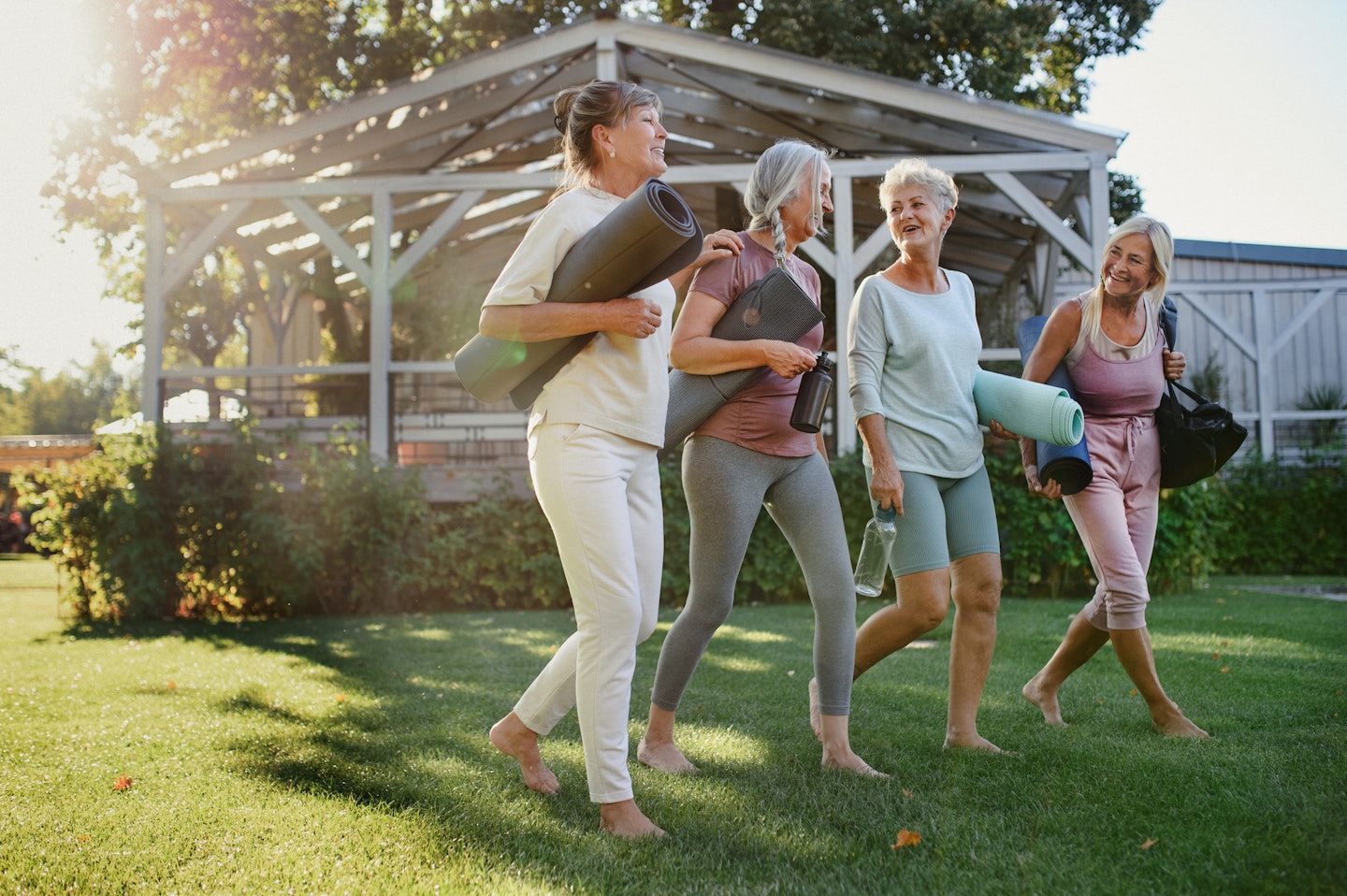
Keeping on top of your hearing checks is also important: "We know that hearing loss in mid-life can be a risk factor for people to go on to experience problems with memory and thinking in later life," says Anna. "By correcting any problems with hearing early on, such as by wearing a hearing aid if needed, we can help counteract this risk."
For Anna herself, good sleep is crucial: "When we sleep, our brain takes the time to refresh and ‘flush out’ all the waste products that have built up through the day. So I try to be strict with sticking to a good bedtime routine, avoiding screens later at night, and trying to relax by taking a bath or reading in bed."
2. Better your bones
While our bone strength and density reduce post-menopause, it's never too late to take action, according to Dr Nicola Peel, consultant in metabolic bone medicine and Chair of the Royal Osteoporosis Society Clinical Committee.
Start with exercise to keep every part of the body fit as we age. "We can help to lower the 'biological age' of our bones by taking regular weight-bearing and muscle-strengthening exercise, which can boost bone density," says Nicola. "Weight-bearing exercise involves being on your feet and adding additional impact, such as running, jumping, skipping, and even walking. Muscle-strengthening exercise is an activity that uses force to pull down on the skeleton to strengthen it. This can be through resistance workouts, such as lifting weights."
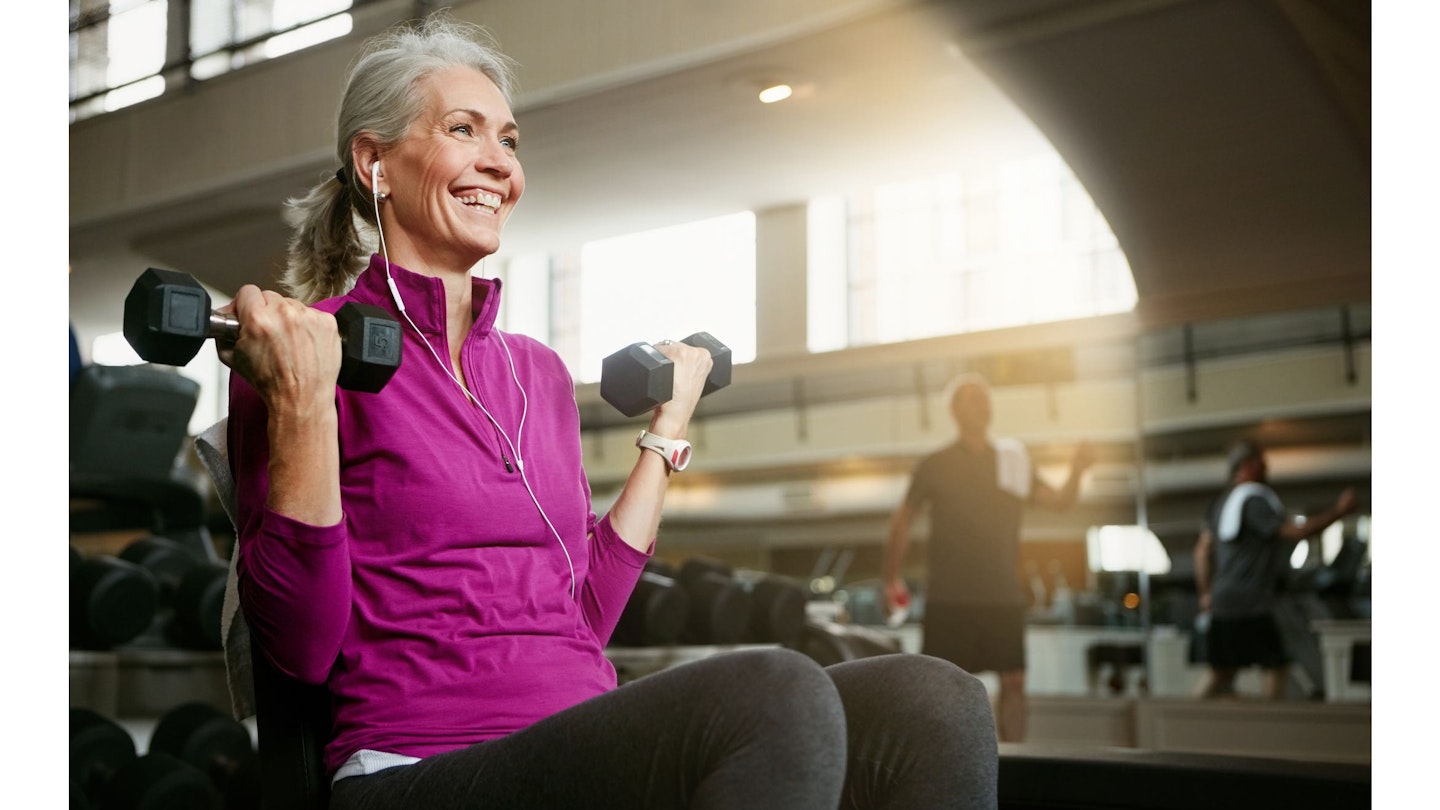
Nicola relies on plenty of calcium to keep her own bones in good condition, eating cheese, pulses, nuts, and yogurt (there's even some to be found in chocolate!). Taking Vitamin D supplements is also an important part of her winter routine, as it helps the body absorb and use calcium, which gives bones their strength. "Most broken bones happen as the result of a fall, so I stand on one leg while I’m cleaning my teeth - it helps my balance as well as my muscle strength," says Nicola.
3. Goodness for your gut
Putting a bit of care into your gut health can have a knock-on, positive impact on your whole body, giving you more energy and stronger immunity. "Gut microbes interact with our immune system, neurotransmitters, and hormones all the time, so helping these interactions to work for us can help keep our bodies healthy as we age," says Anna Mapson, a registered nutritional therapist and owner of Goodness Me Nutrition.
Top of your list should be gradually increasing your fibre intake: "With an increase in 7g of fibre per day (eg, two portions of fruit or veg), you can reduce your risk of cardiovascular disease and heart attacks by nine per cent, and stroke by seven per cent," says Anna. Not only that, but improving your diet with more fibre and making sure to exercise can help keep bowel movements regular: "This can turn around some conditions associated with ageing, such as constipation and gas production."
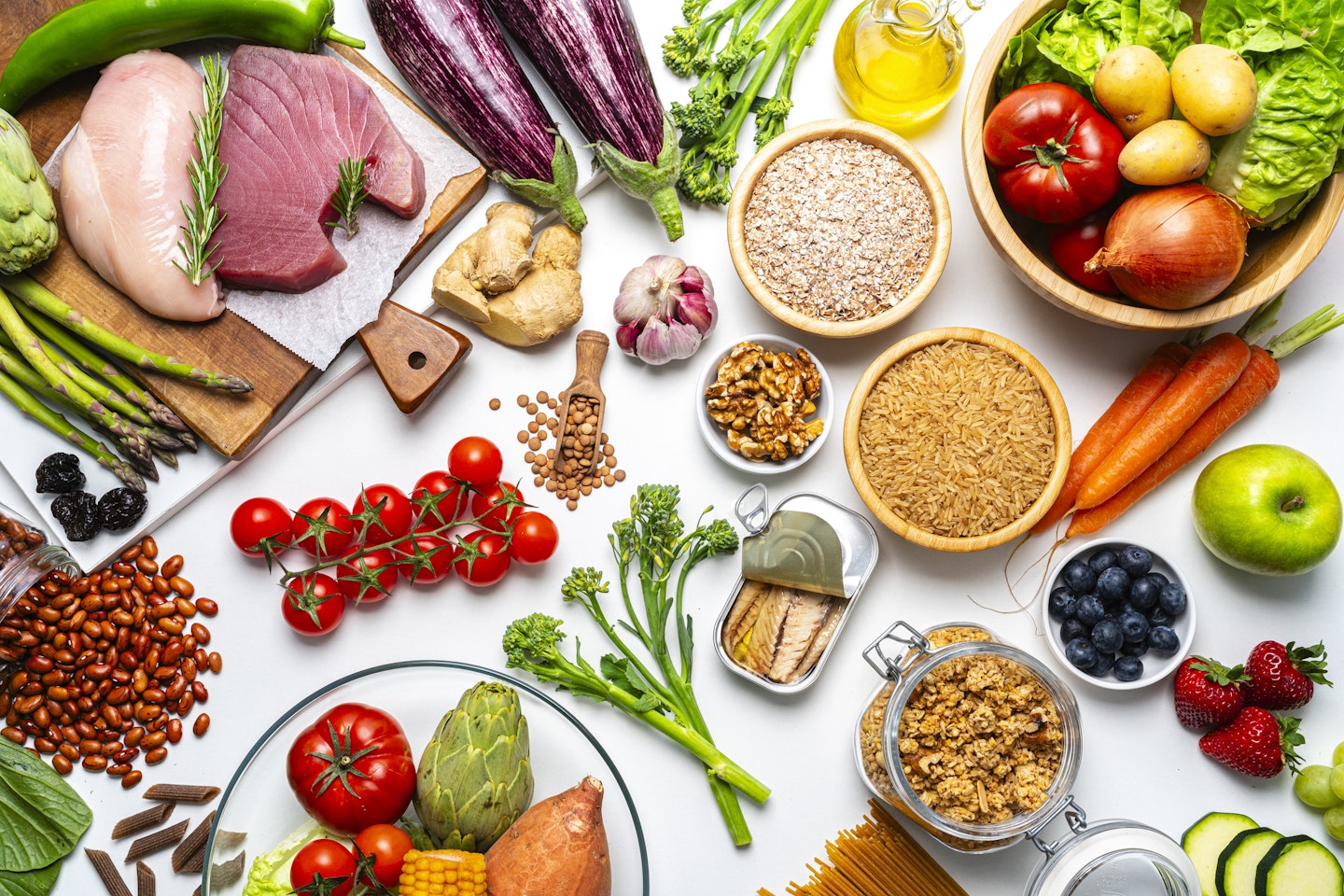
For Anna herself, small, smart swaps can make a huge difference: "I always aim to get up to 30 different plant-based foods a week. I don't always manage it, but I do really challenge myself to eat a broad range of veg. For example, I switch up the beans that I add to curries, so one day it's chickpeas, one day lentils. With onions, I use red and white, as these have different nutrient profiles."
WARNING: Consult your GP or pharmacist before taking any new supplements
4. Help your heart
Protecting your heart is a smart move. "Heart and circulatory diseases kill one in four people in the UK, so it’s important in older age to look after your heart," says Ruth Goss, Senior Cardiac Nurse at the British Heart Foundation. "Many heart and circulatory diseases are caused by risk factors that can be controlled. The biggest risk factors include high cholesterol, high blood pressure, diabetes, obesity, smoking, and physical inactivity. You can help keep your heart healthy as you get older by getting active, eating well, and losing weight."
The Mediterranean diet (which focuses on fish, wholegrains, pulses, fruit, vegetables, olive oil, and nuts) has been shown to reduce your risk of conditions that put pressure on your heart, including high blood pressure and raised cholesterol.
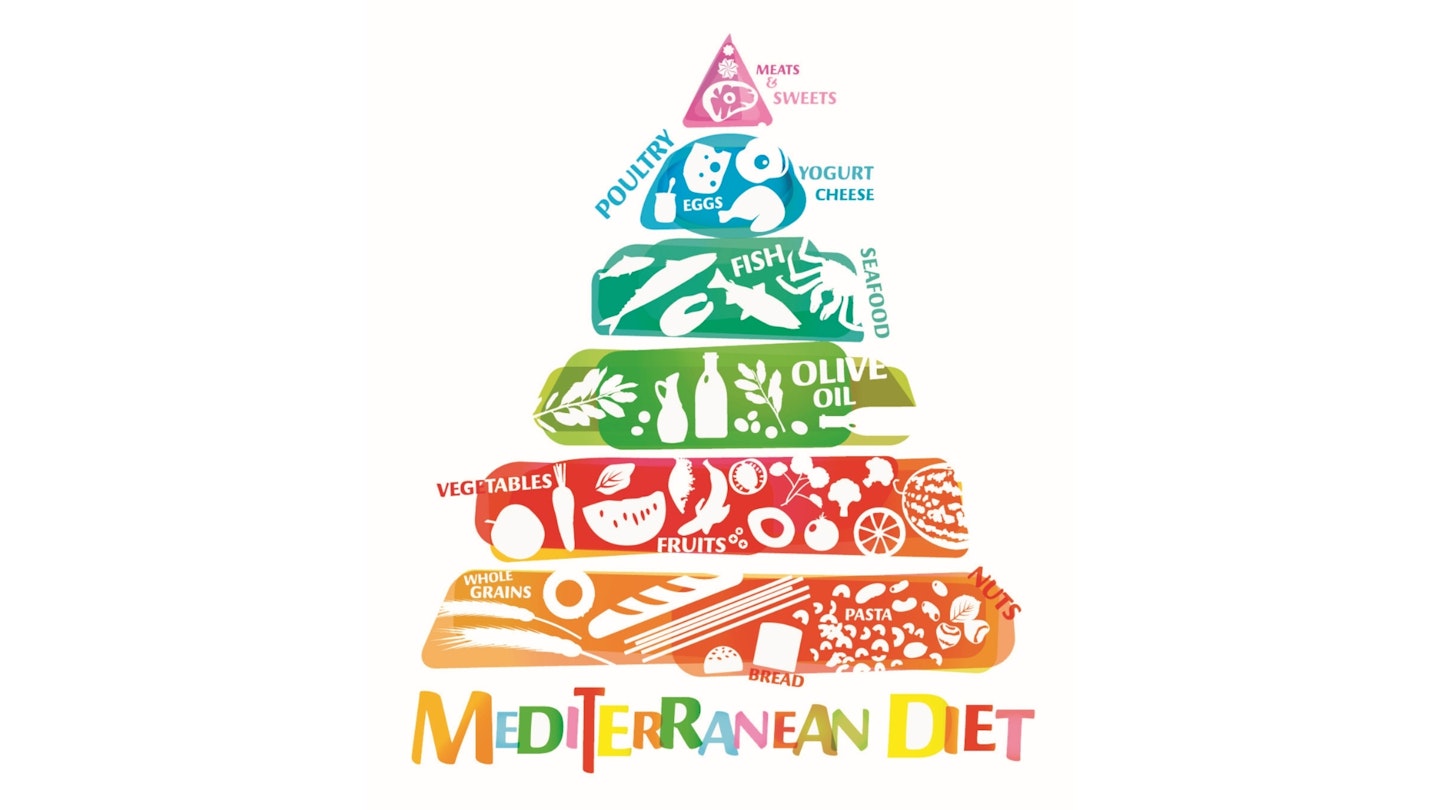
Ruth herself follows the guidelines of getting at least 150 minutes of moderate intensity physical exercise every week, splitting them up into short sessions to fit around her busy life.
Finally, don't be afraid to have the checks you're entitled to: "People in their 60s living in England without certain pre-existing conditions such as heart disease and stroke are invited every five years for a free NHS Health Check," says Ruth. "This can help spot potential issues before they develop into something more serious."
5. Protect your peepers
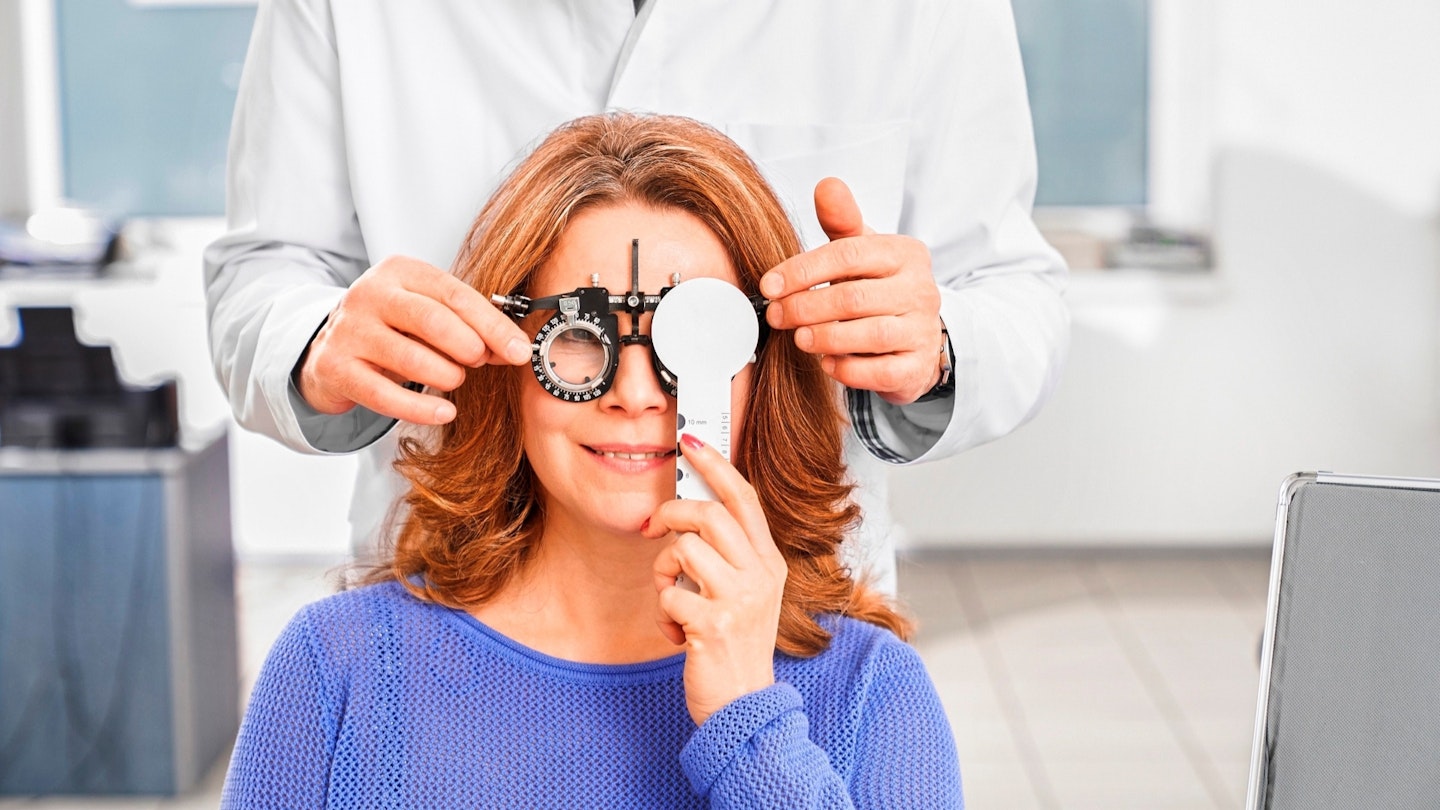
To some degree, changes to your vision are a natural part of getting older. "From the age of 40 onwards, our eyes begin to change and by 65, almost all of us will need to wear glasses or contact lenses," says Dr Nigel Best, an optometrist at Specsavers. That said, there are lots of ways to look after your eyes: "Stay hydrated, incorporate Vitamin A into your diet, and adjust the environment to ensure there’s moisture in the air." Vitamin A (also known as retinol) helps to maintain a clear cornea (the outside covering of your eyes), and can be found naturally in foods such as cheese, eggs, oily fish, milk, yogurt, liver, and fortified low-fat spreads. Red, yellow, and green leafy veg are great sources of beta-carotene, which your body can convert into retinol.
It's also good to pick up on any issues as early as possible: "Eye tests shouldn’t be viewed as a service that can just check for changes in vision but rather an essential health check," says Nigel. "While they can detect signs of age-related eye conditions such as glaucoma, cataracts, and macular degeneration, they can also pick up wider health problems too, and in more serious cases, even tumours. Make sure to have an eye test at least once every two years or sooner if you notice anything unusual happening."
Meet our experts:
Ruth Goss is a Senior Cardiac Nurse at the British Heart Foundation.
Anna Mapson is a registered nutritional therapist who specialises in helping people achieve better digestion, reducing food fear and providing support for those with IBS and SIBO.
Dr Nicola Peel is a consultant in bone medicine and Chair of the Royal Osteoporosis Society Clinical Committee.
Dr Nigel Best is an optometrist at high-street opticians Specsavers.
Anna Borthwick is the Executive Lead for Brain Health Scotland.
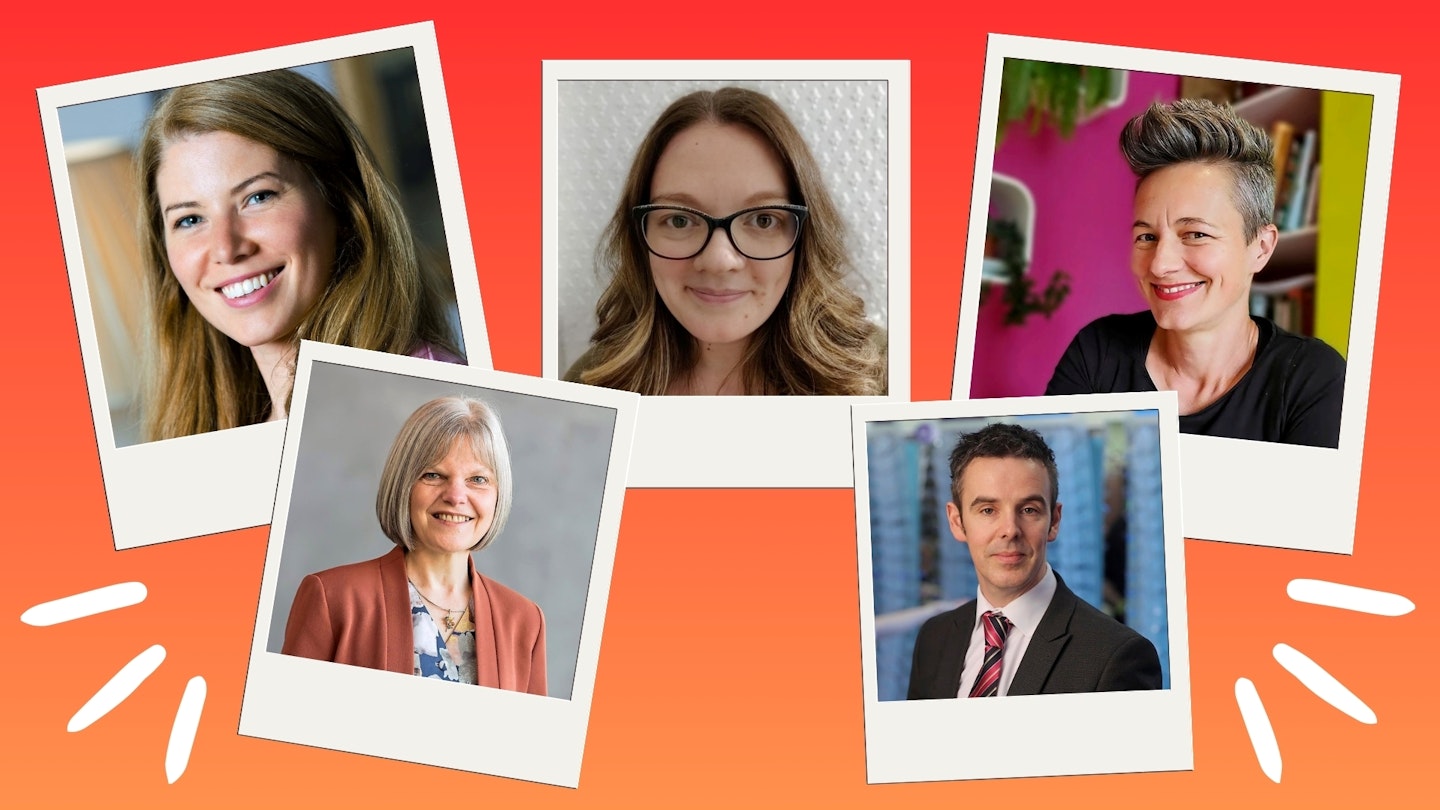
Lizzy Dening is an award-winning journalist and has spent many years working for Yours magazine both in-house and as a freelance writer and editor. Her specialisms include health and fitness, interviews (both real life and celebrity) and women’s issues. She’s also written for publications including Grazia, Vogue and the Guardian.
